
Composting is an eco-friendly alternative to throwing items in the trash—you not only reduce landfill waste but also gain a nutrient-rich fertilizer for your garden. Once you get into the habit, it’s actually easy to compost. We’ve made a guide to things you can compost, can sometimes compost, and should never try to compost.

Green Light: Composting Vegetables and Fruits
Can you compost banana peels? How about potatoes? Yes and yes. Veggies and fruits are the quintessential compostable foods. You can compost them in any form: scraps and peels, raw or cooked, and even when rotten. Before you toss, make sure you’re not wasting these completely edible food scraps.

Yellow Light: Composting Cooked Foods and Leftovers
Obviously, the most eco-friendly option is to eat all of the food you buy, and use up leftovers! (Here are some fun ways to eat leftovers.) However, you can compost virtually any cooked foods, including rice and other grains, breads, beans, pastas, sauces, soups, casseroles, eggs, and so on. Skip them if they include a lot of meat or dairy—read on to find out why.

Yellow Light: Composting Meat and Bones
If you’re composting through a municipal program, you typically can compost cooked meats, including picked-over carcasses and bones. However, home composters may want to avoid composting meat and bones, as they can draw unwanted pests to the compost pile.
Can you compost raw meat? Nope.

Yellow Light: Composting Natural Plant Materials
You can compost most garden and kitchen plant waste: Think old herbs you didn’t use up, twigs and pine cones, plant trimmings, even weeds. The caveat: Make sure none of them have gone to seed or are displaying signs of disease. Composting weed seeds, like dandelion puffballs, will only help them spread; same with plant diseases. If in doubt, throw them out.
Psst: These pantry ingredients will help make your garden grow.
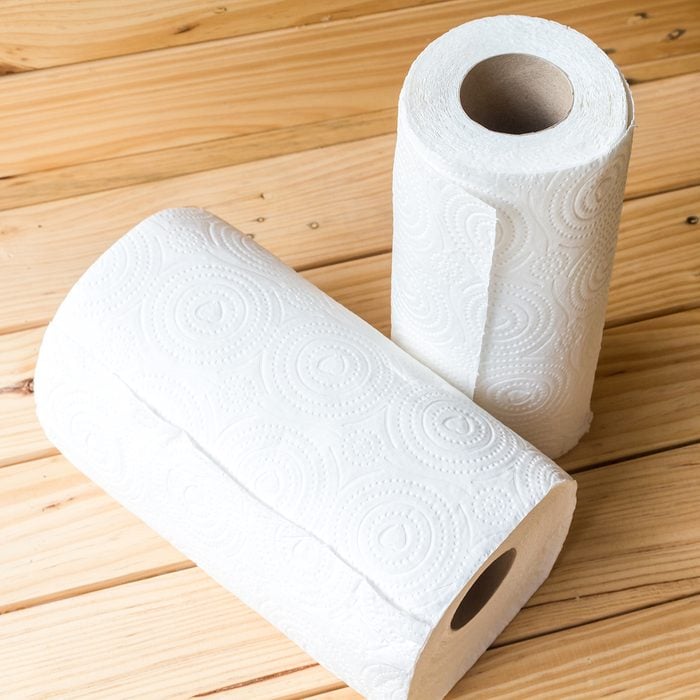
Green Light: Composting Paper Products
Good news! You can compost most sorts of paper—just make sure that it’s not glossy (meaning, no magazines or envelopes with plastic windows). That includes everything from dirty paper napkins to coffee filters; paper towel rolls to newspaper; letters and paper bags; even bedding from hamster cages. If home composting, shredding whole sheets of paper is most effective for quicker composting. (This shredder will do the trick!)
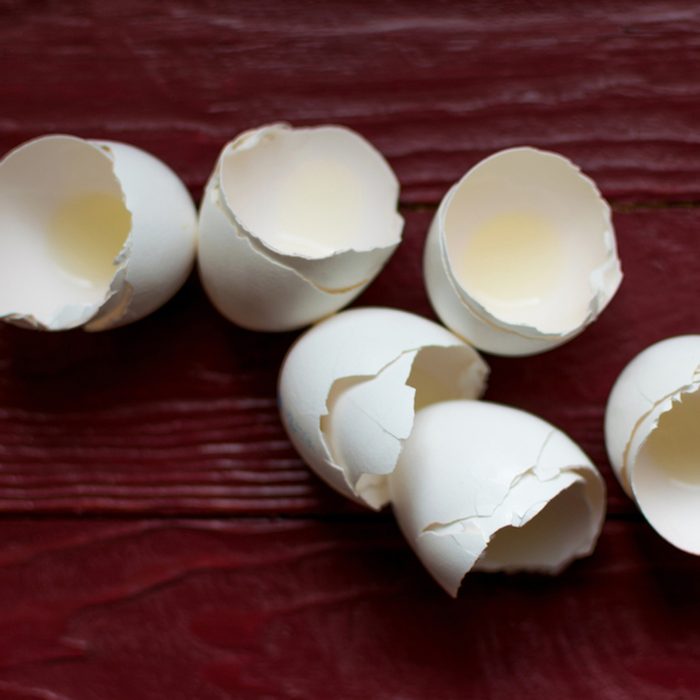
Green Light: Composting Eggshells
Like veggie scraps, eggshells are great to toss into the compost bin.
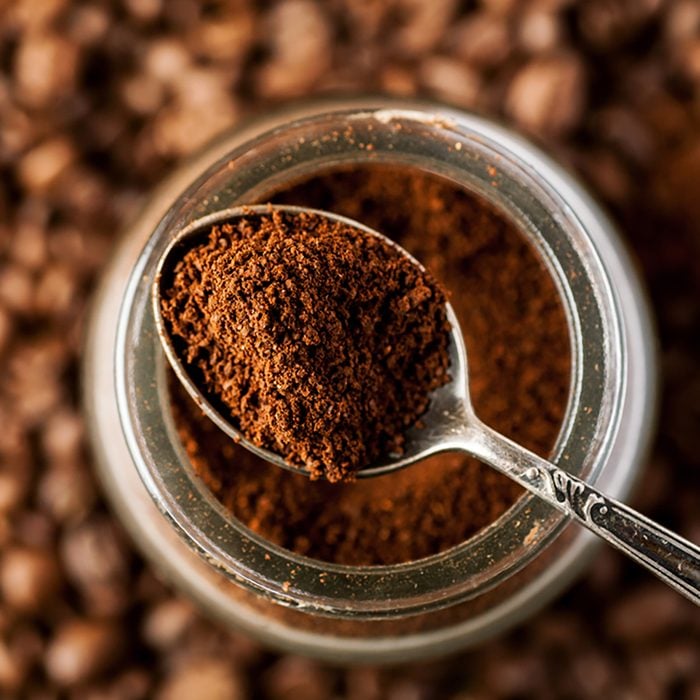
Yellow Light: Composting Coffee and Tea
Spent coffee grounds and loose leaf tea are always compostable. If using disposable coffee cups or pods, you can compost the coffee inside, but not the packaging. Likewise, the string and tag of a tea bag are probably not compostable (but they’re easy to tug off and discard separately). While you’re at it, try these other ways to go green in the kitchen, too.
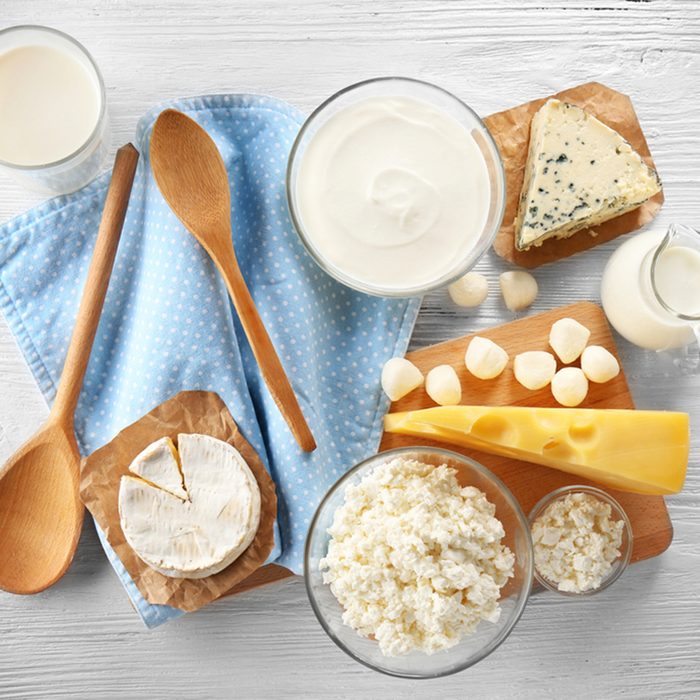
Yellow Light: Composting Dairy Products
We’re not sure why you’re not gobbling up the rest of that ice cream or cheese. (Seriously, eat that cheese up!) But, if you’re hoping to compost milk, butter, cream and other dairy products, here’s the scoop: Most municipal compost programs allow dairy products. For home composters, though, dairy may attract unwanted pests as it decomposes. You can probably compost a small quantity of dairy products by simply mixing them thoroughly with other organic matter, like leaves.

Red Light: Composting Plastic, Metal (Including Foil) and Glass
You probably know this one, but don’t compost these materials! (Most can be recycled instead.) Watch out for sneaky instances, like stickers, tags and twist ties. Make sure to discard packaging separately from food.
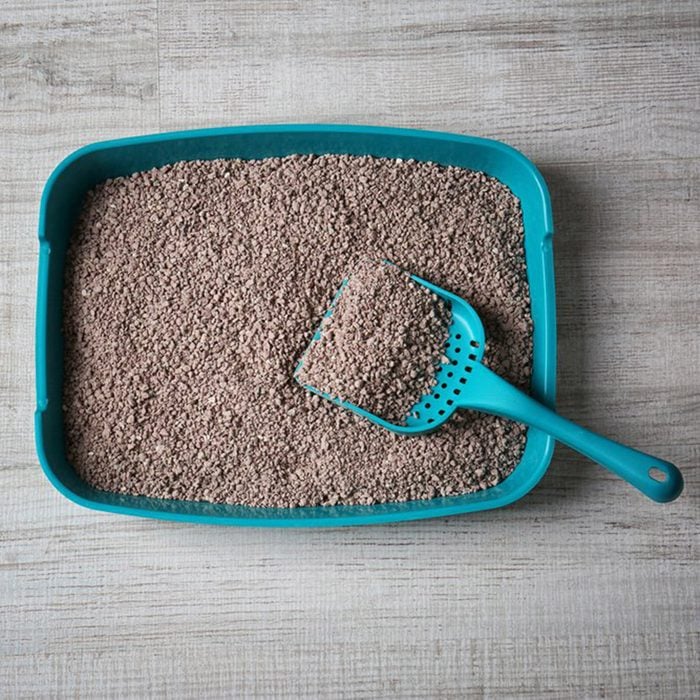
Red Light: Composting Pet Waste
Manure is fertilizer, right? Be careful. Some herbivore waste may be OK to compost, but waste from dogs and cats is not—even if they eat homemade pet food. Err on the safe side and avoid composting waste. This includes kitty litter, even if you’ve scooped out the waste; it’s probably contaminated.

Yellow Light: Composting Cooking Oil
Cooking oil and other fats can slow the decomposition process. You may compost small quantities of vegetable oils, like olive, corn and sunflower. If you’ve just filled a pan for frying, reuse the oil for another batch! Same goes for bacon grease. (Strain out the food particles and save the oil in a sealed container.) When it’s spent, discard in the trash.
Note: Every product is independently selected by our editors. If you buy something through our links, we may earn an affiliate commission.
